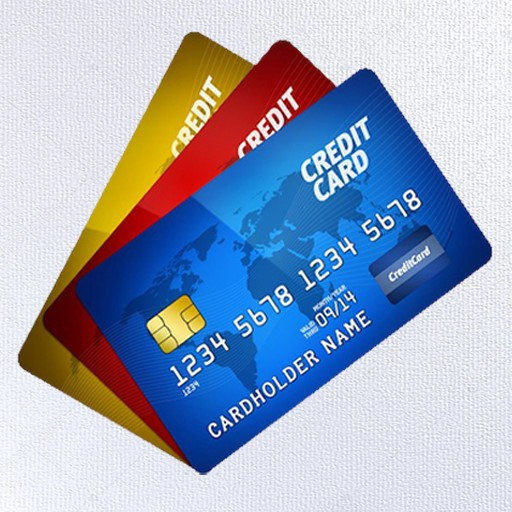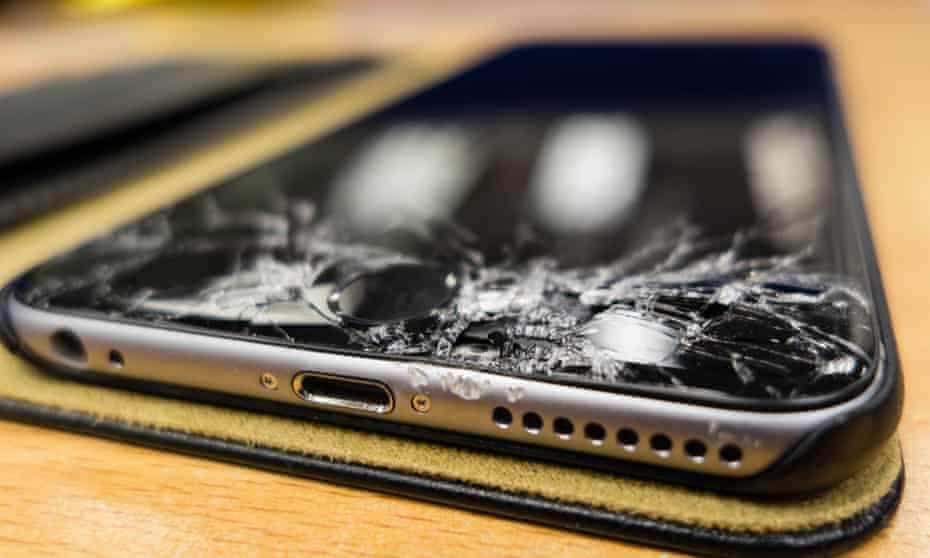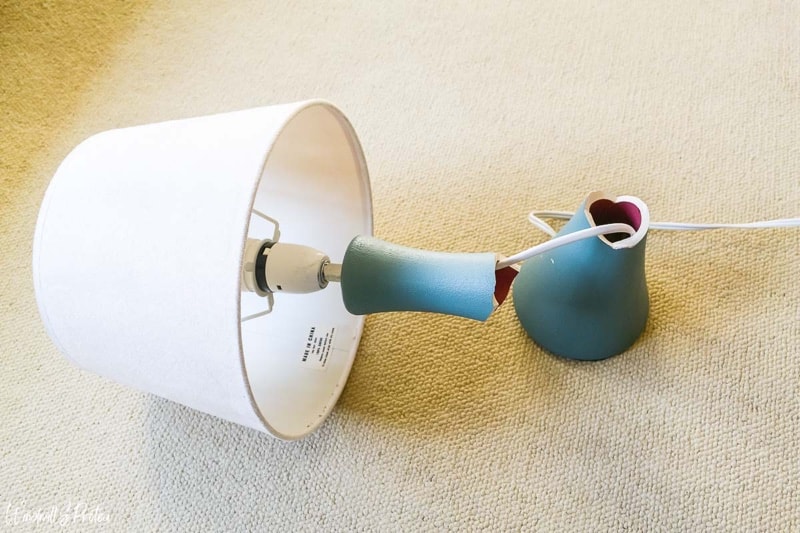Credit card comparison - conditions & services

Although paying with cash and the Giro Card is the most common payment method in Germany, owning a credit card brings you great advantages and is even a must in certain cases. So that you are not tricked into an expensive credit card trap by your bank or end up with unnecessary foreign currency fees, we have researched for you and compiled all the necessary facts, as well as tips for free credit cards.
What are credit cards?
Credit cards allow you to borrow money from a bank with the agreement that you will pay it back on the due date of your bill. If you don't do this, you sometimes incur high interest rates.
The ability to buy things immediately and pay later trumps other forms of payment, such as debit cards or cash, which require you to have the money available at the time of purchase. In addition to giving you greater payment flexibility, credit cards can help you build a credit score so you can qualify for other financial products like loans and mortgages.
A credit card can also bring some monetary benefits, as cardholders can earn rewards with each purchase that can later be redeemed for travel, credits and more. Some credit cards also offer interest-free introductory periods.
With laws like the CARD Act and the Fair Credit Billing Act helping to regulate the industry and provide greater protection against fraudulent purchases, credit cards are also safer compared to other payment methods.
Below, we'll give you an overview of the pros and cons of credit cards, how they work, and common terms and card types so you can use credit cards to your advantage.
How credit cards work
Credit cards are rectangular plastic cards that allow you to pay for purchases by swiping, tapping or inserting your card into a card reader at the register. In addition, many cards allow you to make balance transfers, which offer the ability to get out of debt.
When you open a credit card, you are given a credit limit that can range from a few hundred to thousands of dollars. You can then spend money up to that limit.
When you make a purchase with your card, it will show up on your account as pending and will post within a few days. Once the transaction is posted to your account, your total balance will increase.
You will then receive an invoice from your card issuer each month that includes all posted purchases you have made during your billing period. A minimum amount set by the card issuer must then be paid by the due date, which is the same each month.
Fortunately, most cards offer a grace period that allows you to pay your balance interest-free for at least 21 days after the end of your billing cycle. Any remaining balances after the grace period will accrue interest and be more expensive for you to do so - so we recommend paying your credit card bill in full whenever possible.
Advantages & disadvantages of credit cards
Credit cards have some advantages as a means of payment, but also disadvantages - consumers should be aware of these in order to maintain full control over their finances. To make it as easy as possible for you to compare the pros and cons, we've summarized them for you below.
Advantages of credit cards
The following points stand out as the main advantages of credit cards:
- You make a purchase and can pay for it at a later date.
- Credit cards are widely accepted means of payment and therefore very convenient.
- You can build a good credit score by paying on time and avoiding a negative balance.
- Many credit cards offer rewards, welcome bonuses and credits.
- If your credit card is stolen, you may have limited liability for fraudulent charges, depending on the provider.
Disadvantages of credit cards
In addition to the advantages of credit cards, however, consumers should also be aware of the disadvantages of this payment method. The following things in particular can be disadvantageous:
- Credit cards can be stolen, hacked online or used to commit data breaches.
- If you do not pay your bill in full when it is due, you will have to pay interest and even go into debt in the worst case scenario.
- If you max out the use of their card or skip payments, it can lead to a decline in your credit score.
- Some merchants may restrict what type of credit card networks they accept.
- You may be tempted to overspend to get rewards or perks.
- You're more likely to overspend with credit cards than with cash or debit cards.
Cost of a credit card
The cost of a credit card can vary from several hundred dollars in annual fees to being completely free. ATM withdrawals or payments abroad are also subject to different conditions.
It is advisable to find out about the costs involved before ordering a credit card. Often there is no annual credit card fee, but the bank charges fees for cash withdrawals, the use of the card abroad, or for payments in foreign currencies. As a rule, credit cards have the following costs and fees:
- Annual fee: an annual fee for the credit card;
- Foreign & foreign currency fee: fees for using the card abroad and for transactions in a foreign currency;
- Cash withdrawal fees: If you withdraw money from an ATM, there is often an additional fee;
- Replacement and second card costs: a fee for ordering a second card or replacing your current card if it is lost.
You should be clear about the cost of your credit card - it's the only way to avoid over-committing yourself financially.
What credit cards and billing models are there?
There are different types of credit cards and billing models. The most important ones are summarized in the following section.
Charge card
The charge card is the most widespread in Germany - most MasterCards are also charge cards. With them, the credit card provider creates an invoice once a month and debits the accrued amount from the agreed account. The delay gives you several weeks of free credit or interest. This is handy if you have unexpected expenses, such as a car repair on vacation - you pay the repair shop bill with the credit card first, and only have to worry about the credit card statement and the balance on your personal account when you return.
Debit card
Debit cards offer the convenience of a credit card, but work differently. Debit cards withdraw funds directly from your checking account when you make a purchase by withholding the purchase amount. The transaction is then transferred to the bank by the merchant. The funds are then transferred to the merchant's account. However, it may take a few days for this to happen.
With a personal identification number (PIN), you can use your debit card in stores or at ATMs. However, at most merchants, you can use your debit card without a PIN. As with a credit card, you sign a receipt.
Other aspects are that you don't pay interest on your purchases. Your credit score is not affected by spending with debit cards. When you pay with a debit card, the money is debited from your account immediately.
Debit cards vs. credit cards
The main difference between a credit card and a debit card is that with a credit card, you borrow money from the card provider when you spend. It remains on your card as a debt until you pay it back. In contrast, a debit card lets you spend your own money directly from your bank account. However, when you overdraw your checking account, you also borrow money from the bank when you use your overdraft.
Credit cards and debit cards both look the same. They have 16-digit card numbers, expiration dates and personal identification numbers (PINs).
Prepaid credit card
Prepaid credit cards are similar to regular credit cards, but they work like a debit card. You must load the card before using it to make purchases. Banks and other financial institutions issue the cards with the logos of major credit card companies such as MasterCard, Visa or Discover. However, they sell the cards through independent companies.
Account holders don't have to worry about debt or finance charges. What they have in their account is all they can spend. There's no maturity date or revolving balance to think about.
Your options for paying with a credit card
Credit cards are also known as the most flexible payment method par excellence. You can use credit cards to pay in a variety of ways.
For example, while you can only make purchases "offline" with a Girocard, this is also possible online with a credit card. So you can use it to pay in stores as well as on the Internet. So you only need one means of payment and do not have to rely on another option for every transaction.
The credit card can also be advantageous when traveling due to its flexibility. You can pay with Visa or MasterCard at almost all major travel agencies, hotels and airlines. When abroad, in addition to paying with your credit card, you can also withdraw cash from ATMs. This means you benefit from maximum flexibility when traveling and have the ideal means of payment at hand, so to speak. Whether in parking garages, at toll booths, or at car rental agencies - you can use your credit card everywhere.
5 payments for which a credit card makes sense
There are some things that a credit card makes a lot of sense for. The five most common payments made with credit cards are listed in the following section.
1. deposit purposes and high payments
For example, when renting a car, whether in Germany or abroad, car rental companies require you to pay a deposit to cover any damage. You cannot make such a deposit with an EC or Giro Card. Also, unexpected large payments, especially abroad, for medical care after an accident often require a credit card with a larger credit line.
Why you need a credit card for car rental
When a rental car is involved in an accident, the repairs can end up costing the rental company more than the deposit each renter leaves when they pick up the keys. And if the renter gets a speeding ticket or a fine for not paying a toll, for example, it can take months for those fines to reach the rental company.
For this reason, landlords typically accept credit cards, but not debit cards, as a deposit - in case a repair bill is higher than the deposit, or a fine shows up months later.
If the tenant uses a debit card for the deposit, the landlord might find that there isn't enough money in the tenant's account to pay the bill. With a credit card, on the other hand, the landlord can be confident that he will get the money - as long as the cardholder's credit limit is not exceeded.
2. international payment
No matter if you are on a business trip or on vacation, with your German Giro Card you can only pay very expensive abroad or it is not accepted at all. Credit cards are widely accepted in other European countries and also overseas.
3. cash withdrawal abroad
It is always convenient to have at least some cash with you when traveling abroad. With a credit card, you can withdraw money from any ATM worldwide, often for free.
4. online payments
For many online purchases (especially outside Germany), the credit card is still the only possible payment method.
5. consumer protection
If you discover a fraudulent charge on your credit card or have accidentally paid double or the wrong amount, you can ask your credit card company to recall your payment for up to eight weeks. One of the most important reasons why credit cards are a secure payment method.
Why you should pay for a car lease with a credit card
Depending on what kind of car you have, and whether you bought it used or new, you could have paid anywhere from a few thousand dollars for a cheap used car to tens of thousands for a brand new car.
Since most of us can't afford to pay cash for a car, auto loans and leases are popular ways to finance a vehicle purchase, according to Consumer Reports.
You can use a credit card to pay your monthly lease payment if you're ever short on cash. Some lenders are happy to accept payment by card, but others require you to use an outside service.
This can be a good idea on very short notice, but should generally be avoided if possible.
The other reason to pay with a card is to receive cashback or travel rewards. This makes sense if the rewards you receive are worth more than the transaction costs and interest payments.
If you want to pay your rent with a credit card to get rewards, it's important to do the math before you make your first payment to see if you're taking advantage of it.
Credit card with or without insurance package?
Why combine a payment card with an insurance product? The financial industry's motivation is to make more money from the customer. Many customers will accept a higher annual fee for the credit card in order to feel that they will get help in an emergency or a replacement for any damage that arises.
However, for some customers who travel a lot, for example, the following insurance policies may be useful:
- Breakdown service for rental cars;
- travel cancellation insurance; and
- foreign travel health insurance.
However, the trade press has been warning for years that the insurance conditions are usually not optimal for the customer. A travel, as well as health risk insurances you can rather conclude over a good insurance broker. This selects the best from several providers. These can be different insurance companies depending on the needs of the customer.
In addition, the risk is not covered by the credit companies themselves, but the credit card customers are referred to external group insurance. So in the event of a claim, the customer does not turn to the credit card company, but to an external insurance company. Sometimes these are even foreign companies.
These first check whether there is an argument that you do not have to pay. Because of the insurance conditions by the credit card companies, this check often favors the financial industry - bad for the customer.
Often you will find under the additions, such as "Gold" or "Platinum" the insurance packages of the credit cards, even with special travel credit cards with an annual fee. Most often, the insurance package is associated with a higher annual fee for the credit card.
Conclusion
The most important point is to think carefully about what you want to do with your credit card and what you need to do it. Know your spending habits and consider how you will use your credit card.
If you prefer to be somewhat flexible financially, get a credit card with a high limit and fair repayment terms. Prefer to keep an eye on your budget? A debit card will help you track your spending and charge your account in a timely manner.














